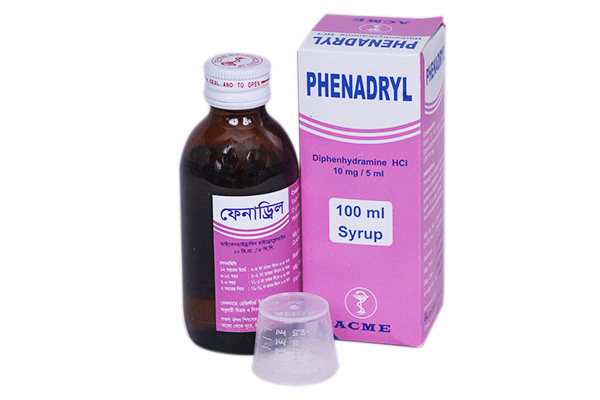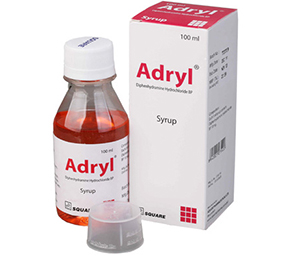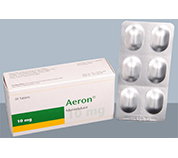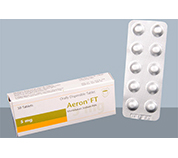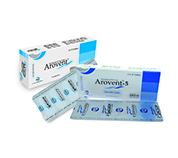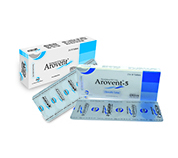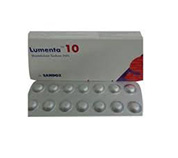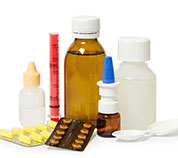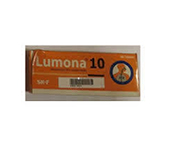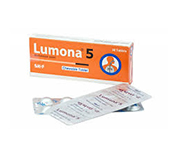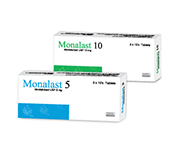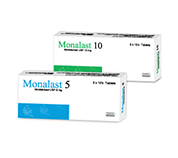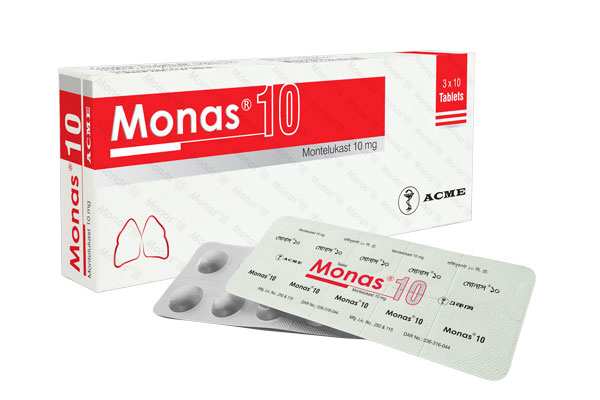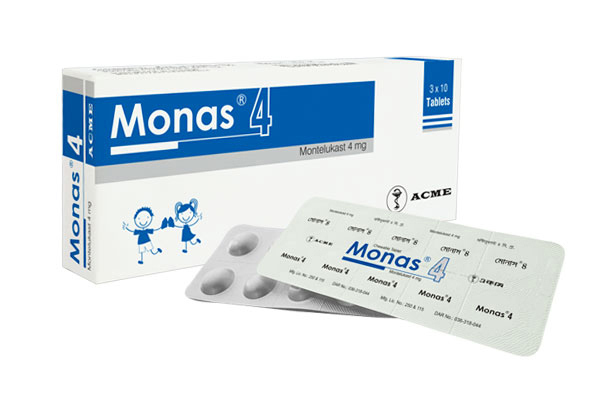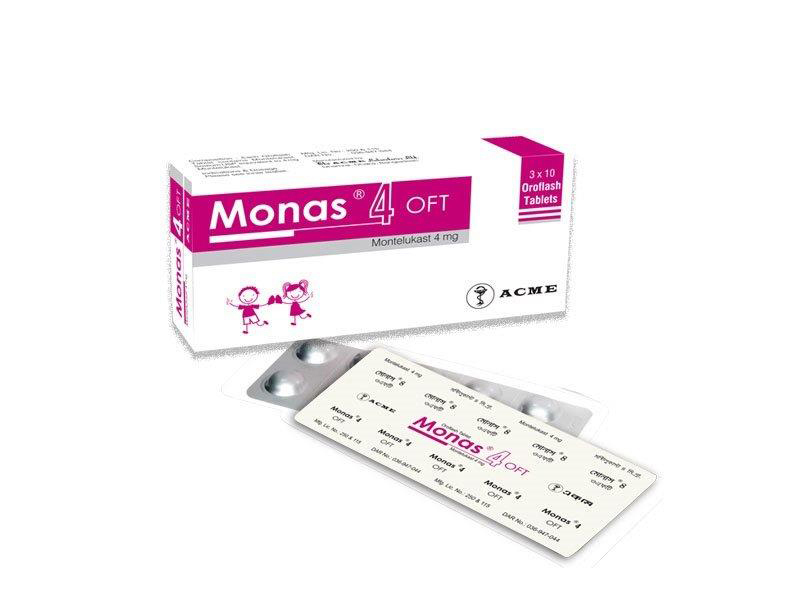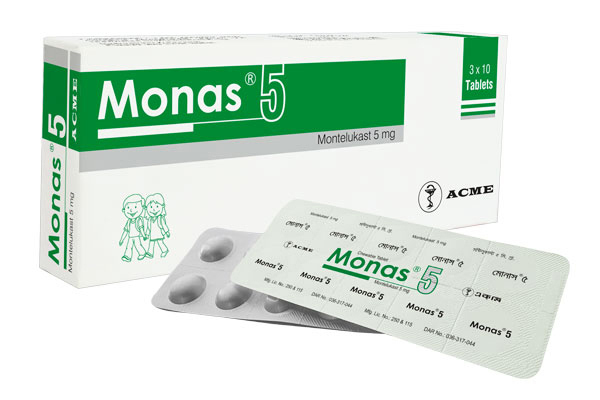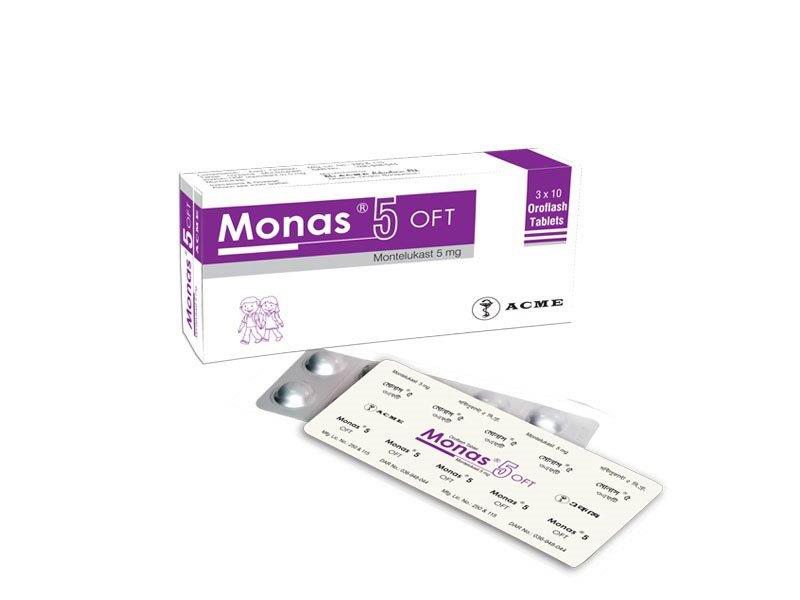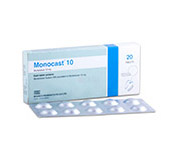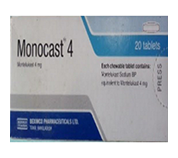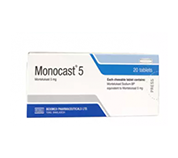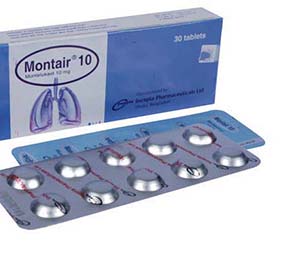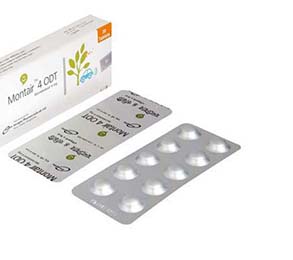Phenadryl 1 Pcs
Alternative products
Diphenhydramine hydrochloride
Indications
Diphenhydramine is indicated for the treatment of followings:
- Seasonal, perennial, vasomotor rhinitis
- Urticaria, angioneurotic oedema, anaphylaxis
- Pruiritic conditions
- Premedication for emesis and motion sickness
- Miscellaneous like meniere's disease and parkinsonism
Therapeutic Class
Sedating Anti-histamine
Pharmacology
Diphenhydramine is an antihistamine with anticholinergic and sedative effects. It competes with histamine for H1-receptor sites on effector cells in the GI tract, blood vessels and respiratory tract.
Dosage & Administration
Adult-
- Most allergic conditions: 25-50 mg three times a day with a further 50 mg at night.
Children-
- 1 to 5 years of age: 5 mg i.e., 2.5 ml of elixir 4 times a day
- More than 6 years of age: 10 mg i.e. 5 ml of elixir 4 times a day
* চিকিৎসকের পরামর্শ মোতাবেক ঔষধ সেবন করুন'
Interaction
Diphenhydramine administration significantly reduces the absorption of the antituberculous agent para-aminosalicyclic acid (PAS) from the gastrointestinal tract. CNS depressants may potentiate the sedative action of Diphenhydramine. Anticholinergic drugs may potentiate Diphenhydramine’s anticholinergic side effects.
Contraindications
Known hypersensitivity to Diphenhydramine Hydrochloride, Ammonium chloride is contra-indicated in presence of impaired hepatic or renal function.
Side Effects
Side effect includes sedation, dizziness, tinnitus, fatigue, ataxia, blurred vision, diplopia, euphoria, and epigastric discomfort.
Pregnancy & Lactation
Category B: There are no adequate and well controlled studies in pregnant women using diphenhydramine hydrochloride. Therefore, diphenhydramine hydrochloride should be used in pregnancy only if clearly needed. Diphenhydramine hydrochloride has been reported to be excreted in breast milk and thus, use of diphenhydramine hydrochloride in lactating mother is not recommended.
Precautions & Warnings
Caution should be exercised with patients in whom drowsiness is undesirable e.g., drivers, machine operators. Concomitant consumption of alcohol or central nervous system (CNS) depressants will potentiate drowsiness.
Overdose Effects
Symptoms: Impaired consciousness; psychosis, seizures, antimuscarinic symptoms (e.g. mydriasis, tachycardia, tachyarrhythmias), resp failure, rhabdomyolysis; acute delirium with visual and auditory hallucination (topical).
Management: Supportive and symptomatic treatment. Convulsions and marked CNS stimulation may be treated with IV diazepam.
Storage Conditions
Store between 15-30° C. Protect from moisture.
- Type Syrup
- Tag
- Morbi leo risus
- Porta ac consectetur ac
- Vestibulum at eros
